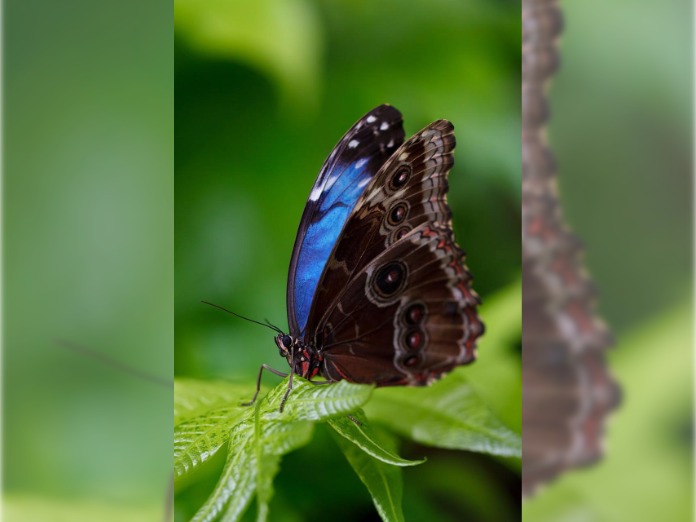Welcome to Jubilee Month. After last Second Wednesday Society, I came away as usual, richer in friendships and more knowledgeable in my understanding of this great, wide, world.
Firstly, to a big round of applause, we welcomed Tessa Potts back to her rightful place amongst us, after a two month Covid enforced absence. And then Paul Youlten our May speaker, who sits on the management committee of the Royal Society of Scottish Country Dance in Edinburgh, took to the floor. He explained, using the example of SCD, the psychology of fun, the different effects that our own brain chemicals have on us and the anthropological instincts that drive social cohesion and identity, associated with dance.
We learnt that there is a Fun Scale and that the things we enjoy, fall into one of two different categories.
Type 1 fun is instant, instinctive and requires little planning or learning.
Type 2 fun is based around the achievement and enjoyment eventually gained from tuition, practice and performance of a task, repeatedly and often communally.
After the history and benefits of Scottish Country Dance, we were treated to a demonstration by Maddy Coelho, who runs classes on Thursdays in the New Hall, and her team. We enjoyed Type 1 fun, watching a show and tapping our feet to the music; while they had Type 2 fun, performing as a synchronised group, after learning and developing a skill. Different to other forms of dance, SCD gives the practitioner the rare combination and benefits of dopamine, oxytocin, serotonin and endorphins.
Type 1 fun will be our Jubilee Picnic here in Winchelsea, on June 5; a happy communal event, celebrating and sharing food and wine together. My Type 2 fun will come in the form of planning, cooking and preparing for the afternoon.
Dr Geoffrey Mead returns to Winchelsea as our June speaker. He will be telling us about the pioneering rewilding project at Knepp Castle. Since 2001, this 3,500 acre estate in West Sussex differs in its approach, by allowing nature a completely free hand to develop its own functioning ecosystem. The crucial difference at Knepp is that their vision is to be a site for re-establishment rather than reintroduction. Their wait and see philosophy has witnessed many rare and endangered birds and insects return to Sussex. The UK’s largest population of Emperor butterflies is at Knepp and the occasional visits of migrating storks, one of Western Europe’s rarest birds, are on the rise.
One of Paul’s graphs showed that social gatherings were more important for our general health and well-being than stopping smoking, taking exercise or even medication. So mark June 8 large in your diaries and come and join us at the Winchelsea Second Wednesday Society.
Image Credits: PublicDomainPictures from Pixabay https://pixabay.com/photos/butterfly-insect-animal-blue-morpho-165104/ Pixabay https://pixabay.com/service/license/.



